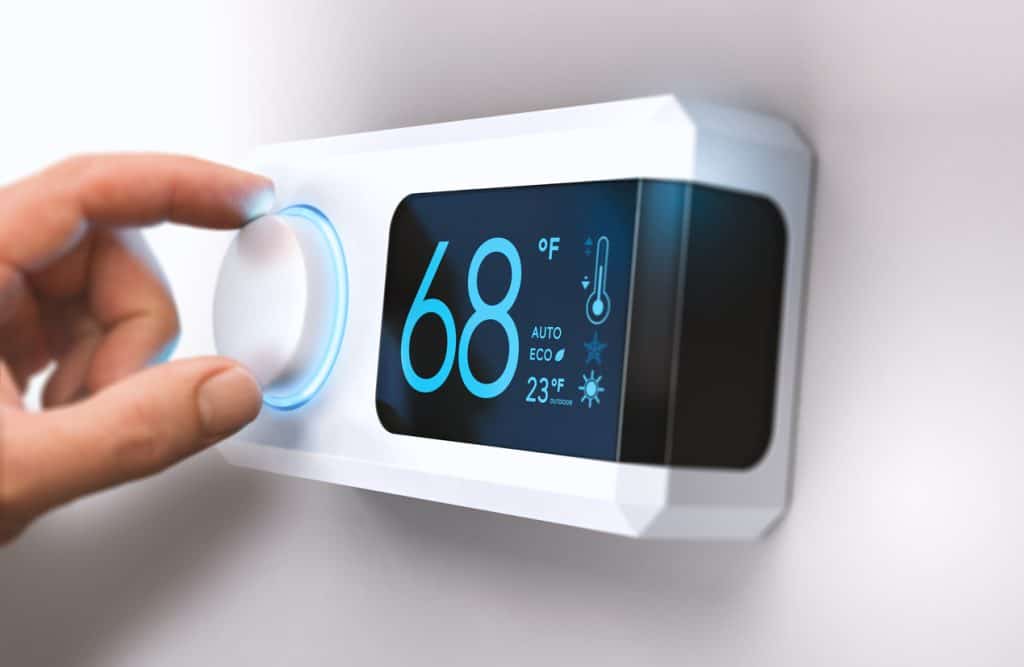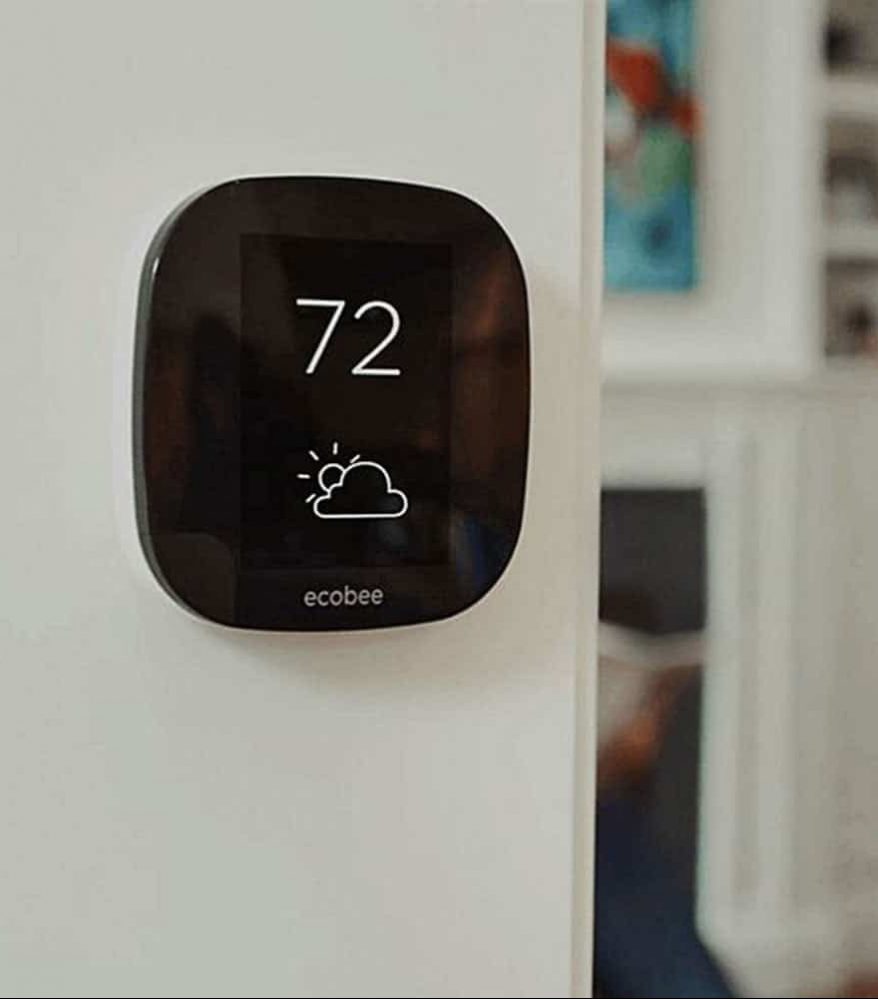Part of the magic of the holiday season involves taking a nice break and traveling. Whether you plan on visiting relatives for a couple of days or going abroad for a weeklong trip, you cannot completely forget about your AC system back home. When our technicians make service calls related to residential AC issues, many homeowners ask if it is better to leave the system running or turn it off when they travel. Let us take a look at various situations.
Setting Your AC for Short-Term Travel
According to surveys conducted by online travel websites such as Expedia, most Americans take short trips during the holidays. The average number of travel days is 3.5; this is considered short-term travel, and it should not prompt you to leave the cooling system off.
The general recommendation for homeowners who plan on being away for less than a week is to leave their AC systems on. While it is true that cooling an empty home is not conducive to energy efficiency, there are other factors at play. The functionality of HVAC systems is not limited to temperature control. They also improve indoor air quality, and this is something you do not want to compromise while you are away from home.
Indoor air quality includes circulation to keep humidity at an optimal level. The regional climate condition of our service area is characterized by humidity. Even though we do not get significant rainfall, the breeze from the Pacific Ocean and the numerous green areas generate highly humid conditions that can cause mold and mildew growth.
Setting Your AC for Long-Term Travel
If you are going to be away for more than a week, the general recommendation is to turn off your AC system, but only if it is not equipped with a smart thermostat. The concern in this regard is saving energy and keeping your monthly electricity bill low, but a complete shutdown of the system is not recommended if it can be avoided. A smart thermostat can be set for maximum efficiency in living spaces that are not occupied, and the energy savings will be very similar to keeping the system off.
You do not have to install a complete smart home automation system to get the benefits of a smart thermostat. These devices do not need to interact with a smart home hub; they can operate independently and without connecting to a Wi-Fi network. Some smart thermostats are equipped with SIM card support so that they can connect to mobile broadband networks, thus letting you check indoor temperature, humidity, and air quality from a smartphone even if your home Wi-Fi is turned off.
Professional air conditioning services are proudly provided by Crocker Refrigeration, Heating & Air to residential and commercial customers in Santa Barbara, CA, so give us a call today to learn more.






